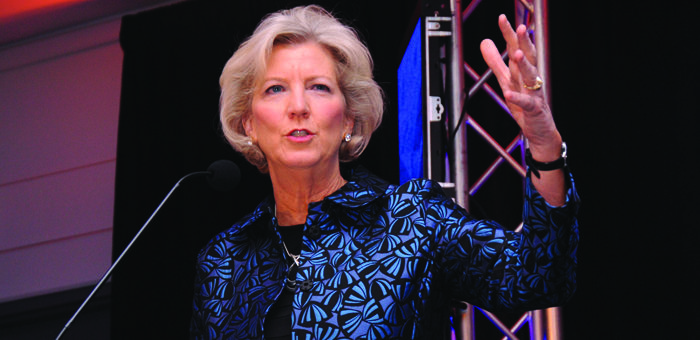
The Education Equity 2016 resolution states, “While there is much to celebrate in American education — and the Church has made significant contributions to its flourishing — the benefits are not equitably distributed among all children and communities. Violating both biblical justice and the American dream, educational opportunities are provided in abundance to some and substantially denied to others.”
NAE President Leith Anderson said, “Students from disadvantaged backgrounds who most need the best schools rarely have access to them. This is unacceptable to evangelicals who recognize God’s love and concern for all children.”
The divergence in education outcomes skews along racial and income lines. “Due to our continuing patterns of residential segregation and neighborhood schools, a child’s zip code has become a more powerful predictor of academic success and lifetime income than either intelligence or hard work,” the resolution states.
The NAE calls on evangelicals to examine the educational outcomes in their own and surrounding communities, to consider how their churches and members can serve the most vulnerable children, to educate themselves about the policies of their state and local school systems, and to support school reform proposals that will benefit all children.
The NAE believes the government also has a role to play and calls on policy makers to prioritize the improvement of the poorest performing schools serving the neediest students; to allow all parents to choose the education that best meets their children’s needs; to promote education policies that provide freedom, autonomy and equitable support to private and home schools that often produce excellent educational results; and to prioritize the care, nurture and support of young children during the critical period of brain development.



 View All Updates
View All Updates 









